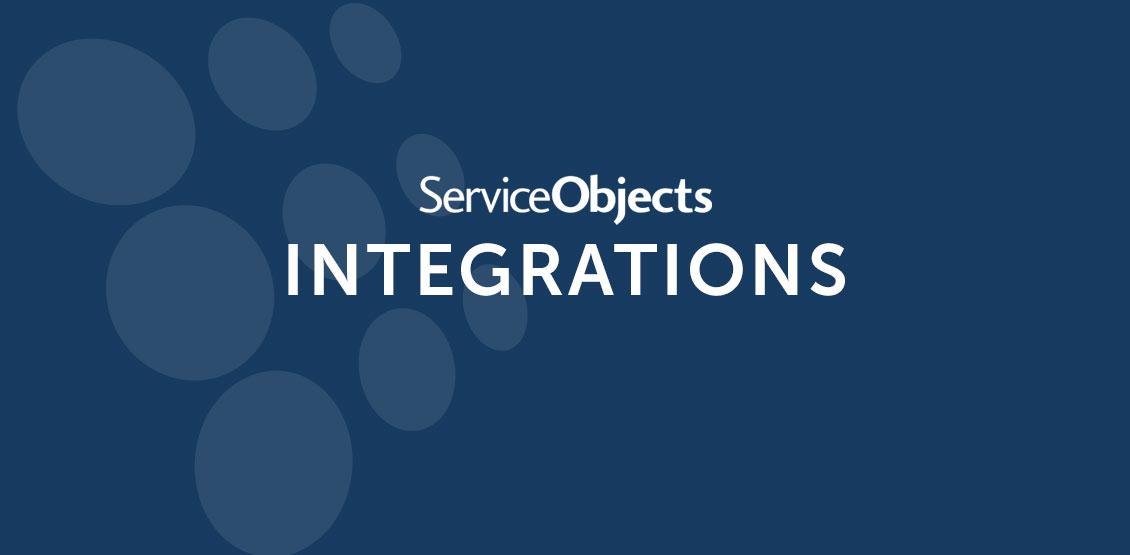Today, ensuring the accuracy and reliability of the information that flows into your systems is crucial. Whether you are a seasoned developer or just starting out, Service Objects’ APIs are designed to make Customer Data Validation a breeze. Let’s delve into how Service Objects’ APIs empower clients to maintain data accuracy and freshness while reducing fraud and making the data more actionable.
The Power of Customer Data Validation APIs
At Service Objects, we provide a range of APIs for data validation. Our goal is to help our clients and their clients or end-users maintain the integrity of the data they rely on, especially in systems that have been meticulously crafted to user specifications over the years.
Our APIs can seamlessly integrate into a variety of solutions, allowing clients to maintain their data with ease. These integrations primarily occur through two pathways: direct API calls via programming languages and platform API callouts using low-code or no-code options.
The Traditional Approach: Direct API Calls
For many clients, the traditional approach involves integrating our validation services directly into their business processes using programming languages. Most programming languages offer straightforward methods for making API calls. However, we understand that not everyone is a seasoned developer, and we are here to assist with development, regardless of your level of expertise.
The best place to start is to get familiar with the API you are using in our developer guides. Each service in the developer guide will have options to try the API and view what some of the calls can look like. We also have abbreviated code snippets in several languages to provide a quick view into the integration for several languages.
We provide sample code for a wide range of programming languages. These code samples not only demonstrate how to set up API calls but also illustrate best practices. These include strategies for making API calls and handling scenarios like network disturbances by failing over to backup endpoints to ensure 100% uptime. While these samples serve as a solid foundation, each client may have unique requirements and responses from the API calls that may be utilized differently. You can find the sample code on our website in the Developers section under Sample Code.
Accelerating Integration with Library Code
In addition to code samples, we’ve developed library code that clients can seamlessly integrate into their projects. This library code covers the boilerplate aspects of API integration, and often involves little more than including statements and library references.
In the .NET world, we offer NuGet packages that can be swiftly installed via the NuGet package manager. These libraries provide an efficient way to kickstart your integration. The code libraries can be pulled from the same location as the sample code. Though the NuGet packages can be injected into your .Net project quite seamlessly from the Visual Studio UI and the NuGet package manager, you can check them out through the NuGet website as well. This page will have direct links to each of these options.
Custom Integration for Every Situation
The method of integration depends on where and how clients intend to embed our services. Many of our clients operate on multi-tenant platforms such as Marketo, Salesforce, Microsoft Dynamics and Zoho CRM. These platforms offer various customization options, including setup wizards for connecting to external APIs. We offer a number of integration samples and examples to guide clients through these setup processes for those platforms and many others. Not seeing what you are looking for? Just reach out and let us now what you need, we are happy to help.
Empowering Client-Facing Solutions
Some clients aim to provide data validation services to their end users, and their needs veer more towards programming languages. They seek to make API calls and implement failover strategies while also desiring asynchronous API calls where possible. One notable difference is their interest in monitoring their end users’ usage of our APIs on a client-by-client basis.
API usage is governed by our API license keys, which are typically versatile for our clients. However, tracking how many transactions each of our client’s end-users is consuming requires additional mechanisms. We are here to discuss and explore the best options for your specific needs. Clients may generate their own keys or IDs, which correspond to their end-users, and then track these keys in logs or databases.
Our Customer Data Validation APIs offer a comprehensive solution for maintaining data integrity. Whether you’re an experienced developer or just starting your journey, our extensive resources and support ensure that integrating our services into your systems is a seamless process. We’re here to empower your data validation journey, one or many transactions at a time. Let us know how we can help.













